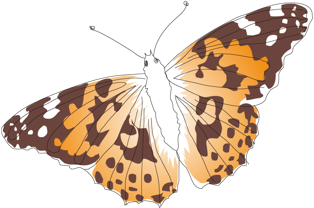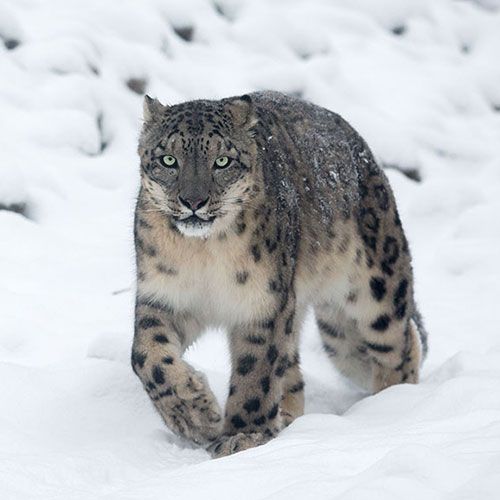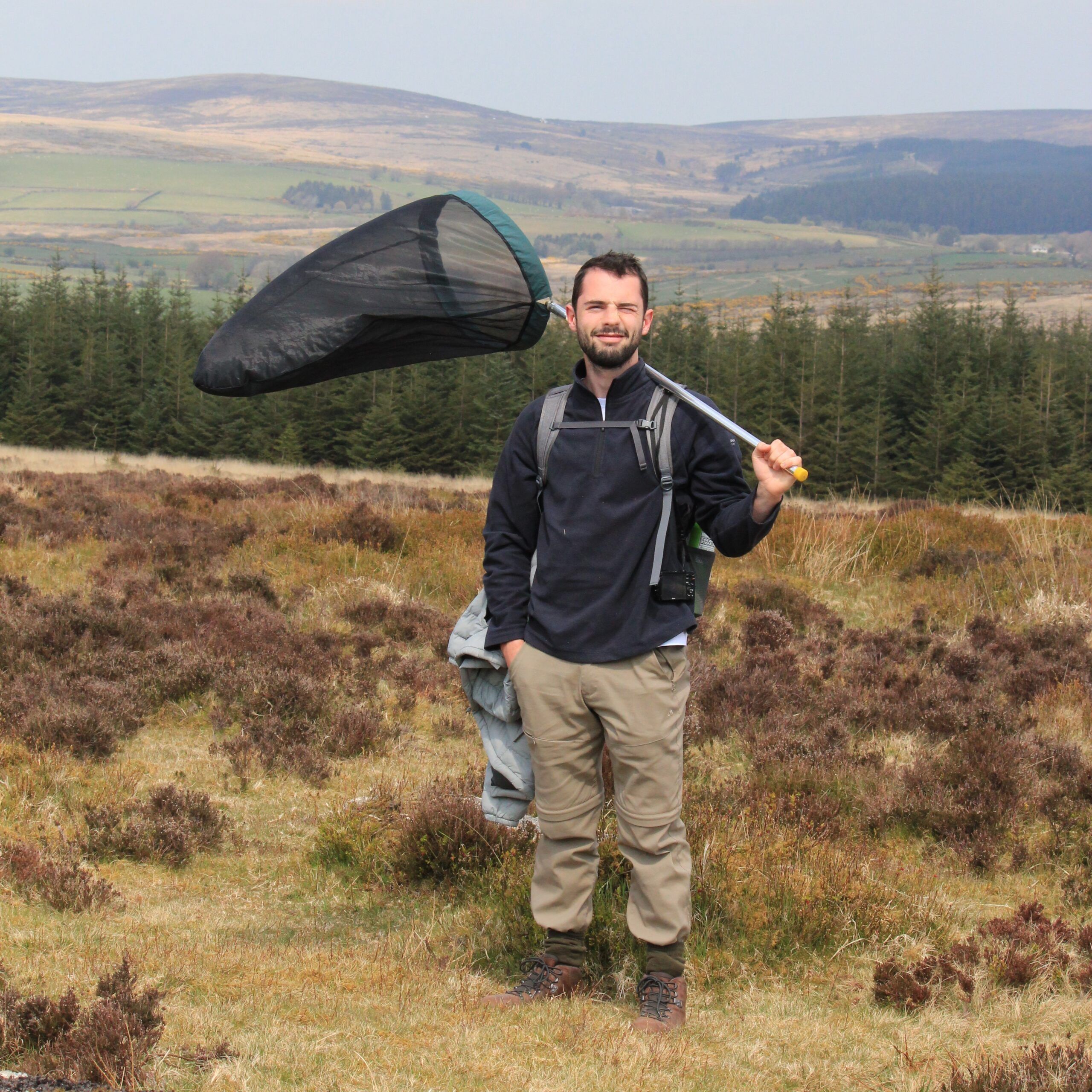On patrol for snow leopards
On patrol for snow leopards
Read moreGround-breaking research
Ground-breaking research
Our research grantsSurvey your hedgerows for free management advice
Survey your hedgerows for free management advice
Shop to support wildlife
Help dormice return to the wild
Help dormice return to the wild
Read moreOur wildlife is disappearing
Our wildlife is disappearing
Read more DonateWho we are
We’ve been standing up for wildlife for nearly 50 years. With the help of scientists, conservationists, landowners, and the general public, we’re working to protect our delicately balanced ecosystem by bringing our most threatened species back from the brink.
Where we work
Funded by our generous supporters, our grant programmes support the very best scientific researchers and wildlife experts out in the field. The evidence they unearth guides worldwide conservation. Browse the map below to discover the amazing wildlife we’re saving from extinction.

Saving snow leopards



Meet the interns

Go WILD for hedgehogs


Latest news from PTES
Dormouse data submission guidance
As we move into the new year, it’s once again time to submit your dormouse survey data. There are several different reporting routes, depending on the type of work you’ve carried out, so we’ve put together the guidance …
Bridges of success: helping rare primates cross safely and reconnect their forest homes
Thanks to your support, PTES is funding pioneering work in India to save two of the world’s rarest primates: golden langurs and western hoolock gibbons. Roads and deforestation have fragmented …
Small mammal footprint project is on track
A special thank you to Wildwood Kent and Jazz Woollard for contributing this article. In August, we announced a new project at Wildwood Kent that is improving how small mammals …
